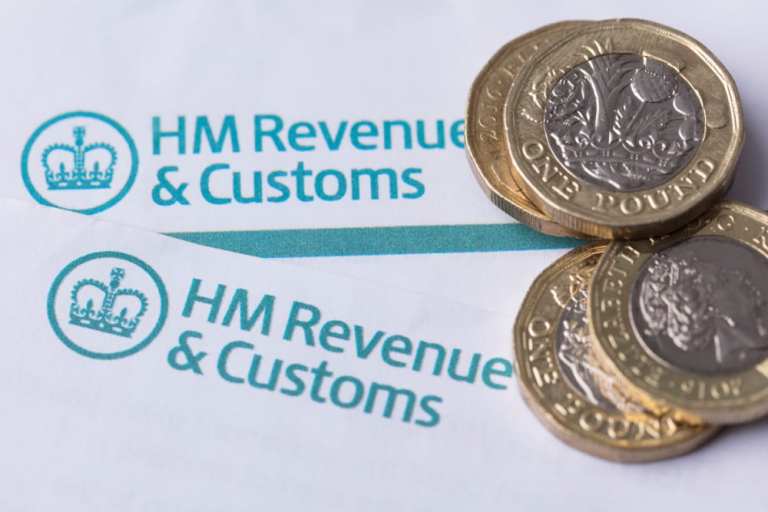AltFin Community Advises HMRC Against Insolvency Tax Recovery Plans

The U.K. government is considering reinstating its so-called “crown preference” policy in an effort to prioritize the collection of tax payments from insolvent small businesses. At a time when small business insolvencies are on the rise in the country, critics of the initiative say the move would have some negative consequences, particularly on the availability of small business financing.
Late last year, HM Revenue and Customs announced reforms that would make the tax agency the preferred creditor in the case of business insolvencies. Chancellor Philip Hammond announced the initiative in his seasonal budget, noting that the change would take effect in April 2020 and would overturn the Enterprise Act 2002, which ended the HMRC’s crown preference and instead made the tax agency an unsecured creditor. The government estimates that the initiative would recover as much as $242 million per year to the Treasury by 2022.
Outstanding VAT, PAYE income tax and employee NICs will be collected by HMRC to pay for public services, and will not be distributed to other creditors awaiting payment from an insolvent business, reports in Economia explained last October.
The announcement sparked almost immediate backlash from some experts, who warned that prioritizing recovery of tax payments over other outstanding debts could be particularly harmful to B2B vendors, a concern that has risen amid high-profile insolvencies like Carillion and, more recently, Dawnus, which left many suppliers without assurance that their outstanding invoices would ever be paid.
“It’s going to be the ordinary suppliers left out of pocket in a lot of cases, such as the raft of big CVAs [company voluntary arrangements] we have seen in recent times,” said Peter Kubik, UHY Hacker Young turnaround and recovery partner, in an interview with the publication at the time. “In some cases, employees are also going to see significantly smaller pots when their businesses go bust as more money goes to HMRC.”
He also warned of the “knock-on effects of the cost of borrowing – banks will want to see the additional risk they are now taking reflected in the rates they charge.”
Experts are once again raising their concerns that HMRC’s crown preference policy will hamper SMBs’ access to financing.
Reports on Monday (May 6) in The Times said that lenders and insolvency practitioners have submitted documents as part of HMRC’s consultation on the proposed plans, warning that the change will drive up small business loan costs. They have also raised concerns that U.K. ministers have already decided to move forward with the initiative, reports said, despite the consultation being open until later this month.
“We are most concerned about the impact on asset-based and alternative lenders,” said Matthew Davies, director of invoice finance and asset-based lending at bank trade group UK Finance, in an interview with the publication. “We support the objective of protecting taxpayers’ money, but we must be mindful of the risk that an unintended consequence could be that a certain cohort of small and medium-sized companies may find it harder and more expensive to borrow.”
Insolvency and restructuring trade body R3 has also called on HMRC to reverse its decision, with Education and Technical Director Caroline Sumner penning R3’s argument for an article in AccountancyAge last month.
“At R3 … we think this proposal has potential to cause long-term damage to the U.K. economy and to our business rescue culture, and will end up costing the public purse more in lost income and higher expenses than it will supposedly ‘save’ in extra taxes returned after corporate insolvencies,” she said.
“If the proposal is bought in, floating charge lending [which includes asset-based lending and invoice discounting] will essentially become as risky as unsecured lending for the finance provider, as its balance sheet will have to register a zero value for the loan in case of insolvency, with no prospect of any kind of meaningful return through the insolvency process,” continued Sumner. “Finance companies will be less willing to lend, particularly to those companies already in financial distress (but who may be in a position to turn themselves around with fresh funding).”
The debate over HMRC’s reinstatement of crown preference comes as new data from The Insolvency Service found that small business insolvencies rose in the year’s first quarter, with 4,187 firms becoming insolvent. An additional 484,000 U.K. businesses are considered to be in significant financial distress, analysts warned.